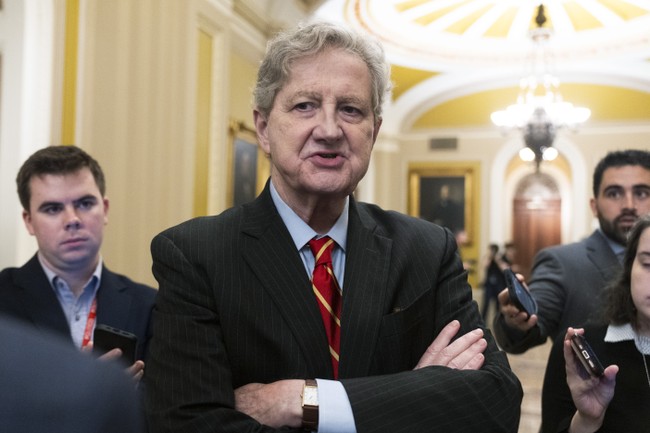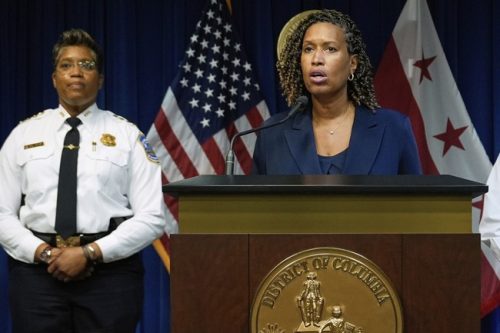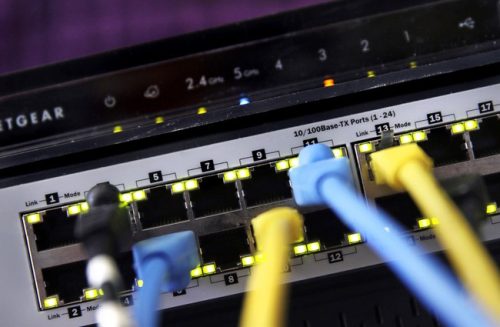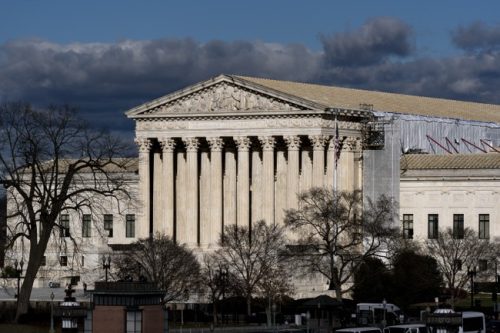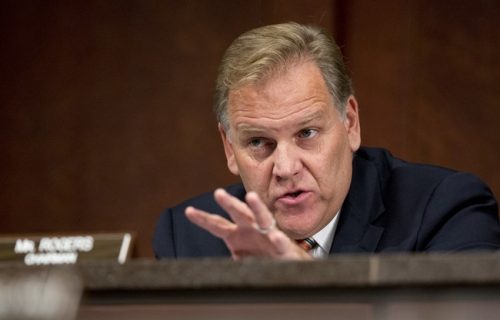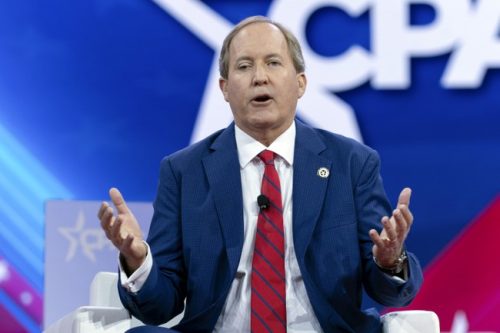Sen. John Kennedy (R-LA) is introducing two bills that would deny congressional pay while the government remains shut, aiming to make lawmakers share the financial pain their inaction causes. One bill would cut pay with no back pay, while the other would hold salaries in escrow until the shutdown ends. Kennedy argues the pair avoids 27th Amendment problems and forces members to act, especially as federal workers and essential personnel go unpaid. This move is meant to hold Congress to the same standard it expects of everyone else when government services stop running.
Kennedy told the Senate he does not expect a quick deal to reopen the government, noting he has “heard a lot of rumors” but remains skeptical about when an agreement will come. He put it bluntly on the floor: “[W]e’re going to be in shutdown a while longer.” That frankness is what the public wants—honest appraisal instead of political spin while federal employees and critical services suffer. In a shutdown, elected officials should face consequences for failing to negotiate solutions.
The two proposals have distinct mechanics. The first, called the No Shutdown Paychecks to Politicians Act, would stop lawmakers from receiving pay during any shutdown and would not provide back pay afterward. The second, the Withhold Member Pay During Shutdowns Act, would divert members’ salaries into escrow and only release that money when the shutdown is over. Together, Kennedy says, the bills give voters and courts options if there are constitutional questions about pay changes midterm.
Kennedy addressed the 27th Amendment point and offered a clear defense of his strategy. “Some may say, ‘Well, this violates the 27th Amendment.’ I don’t think it does. That’s why I’m offering two different flavors of bills,” he said, offering both a direct cut and an escrow approach to head off legal challenges. Choosing both paths shows political realism—crafting legislation that will stand up to scrutiny or at least force the debate. Republicans who back accountability will see this as a common-sense approach to restore responsibility to lawmakers.
Kennedy referenced a similar episode from 2013 to show this kind of pressure can work. President Obama then supported a measure that effectively set a deadline, and Kennedy recalled the result: “And guess what? Members of Congress had an epiphany and they found religion…and they opened up government.” That recollection underlines the point—when consequences matter, Congress can find compromise. The memory of past success is a useful reminder for lawmakers who currently cling to partisan standoffs.
The human cost of the current shutdown is already clear, Kennedy emphasized, citing the toll on working families and essential staff. Federal workers have “had to borrow $365 million so far during this 36-day shutdown in order just to pay their rent,” he said, bringing the numbers into the debate. Those are not abstract line items; they are people missing mortgages, bills, and basic stability while legislators argue over policy. Lawmakers who refuse to act should feel the urgency the rest of America faces.
Kennedy framed the bills as fairness writ large: Congress should not be insulated from the consequences of its own dysfunction. He noted the goal is to “ensure Congress feels the same pain as the folks we’re failing to pay – our troops, air traffic controllers, and federal workers.” That plain-spoken case resonates with voters who expect their representatives to be accountable and not enjoy uninterrupted pay while others go without. It’s a simple equation: if you can’t do the job, you forfeit the paycheck.
In a statement Kennedy left no ambiguity about the principle at stake: “[I]f we can’t do our jobs and fund the government, we don’t deserve a paycheck — plain and simple.” That line cuts to the heart of the argument and will play well with voters tired of Washington theatrics. It’s a direct challenge to both parties to put governing ahead of scoring political points, and to stop treating taxpayer money as a buffer for legislative failure.
BREAKING: @SenJohnKennedy said he’s bringing 2 shutdown related bills to withhold Congressional paychecks.
He believes we’re going to be in a shutdown “a while longer.”
– First bill that says as long as we are shut down, members of Congress can’t be paid and they WON’T be… pic.twitter.com/VkFXT835JM
— Amber Jo Cooper (@AmberJoCooper) November 5, 2025
Kennedy has pushed related measures before, including proposals to ensure military personnel and federal employees receive pay during shutdowns, but those efforts were rejected. The tension between protecting workers and holding lawmakers accountable is at the center of the debate. This new two-bill approach aims to thread that needle by guaranteeing essential pay where possible while making members of Congress share the immediate consequences of a funding impasse.
The bills are now a clear test of priorities: will Congress protect hardworking Americans and force itself to negotiate, or will lawmakers continue to treat their own compensation as off-limits while others suffer? Kennedy’s proposals put a spotlight on responsibility and consequences, and they make it politically costly to drag out a shutdown. For Republicans focused on accountability, this is a tangible, enforceable step to restore some measure of discipline to the budget process.

